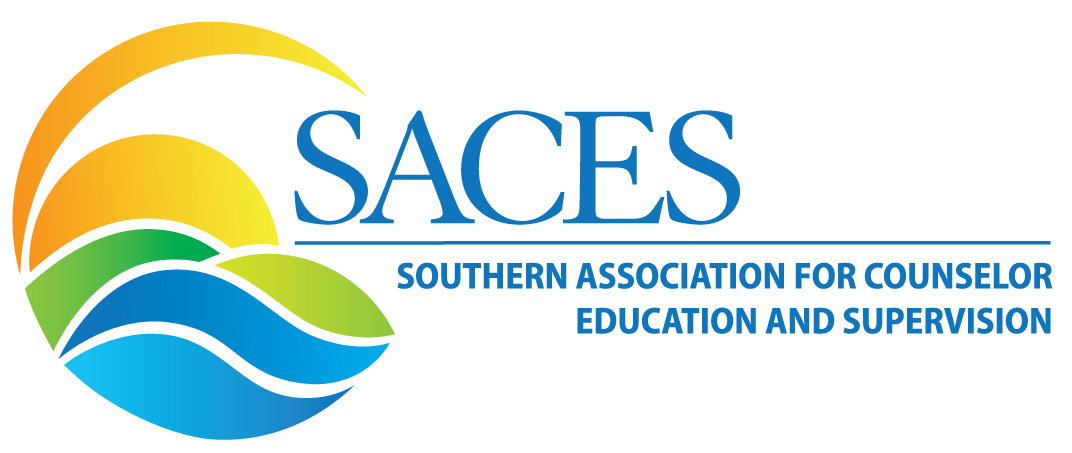Social Justice + Human Rights
Interest Network Resources
The purpose of the Social Justice + Human Rights Interest Network is to build community and facilitate action related to current social justice and human rights issues that impact the mental health and wellness of individuals and communities. This work is based on the premise that counselors and counselor educators are committed to social justice and advocacy. In the spirit of this work guided by the Multicultural and Social Justice Counseling Competencies (Ratts et al., 2016), we are providing resources to inform our attitudes and beliefs, knowledge, skills, and action related to addressing and eliminating social injustice and racism.
Anti-Racism Resources
- Anti-Racism Resources
- Dismantling Racism Web Workbook
- Racial Equity Tools
- Kirwan Institute Implicit Bias Training
- 106 Things White People Can Do For Racial Justice
- Your Kids Aren’t Too Young to Talk About Race - Resource Roundup
- EJI Racial Justice Videos
Books
- Bonilla-Silva, E. (2017). Racism without racists: Color-Blind racism and the persistence of racial inequality in America (5th ed.). Rowman & Littlefield.
- Cooper, B. (2018). Eloquent rage: A Black feminist discovers her superpower. St. Martin’s Press.
- DiAngelo, R. (2018). White fragility: Why it's so hard for White people to talk about racism. Beacon Press.
- Kendi, I.X. (2019). How to be an antiracist. Penguin Random House.
- Singh, A. (2019). The racial healing handbook: Practical activities to help you challenge privilege, confront systemic racism, and engage in collective healing (The Social Justice Handbook Series). Raincoat Books.
- Tatum, B.D. (2003). Why are all the Black kids sitting together in the cafeteria?: And other conversations about race. Basic Books.
Podcasts
Racial Justice Organizations
- American Civil Liberties Union (ACLU)
- Equal Justice Initiative (EJI)
- Kirwan Institute
- Reclaiming Native Truth
- Raising Race Conscious Children
- Embrace Race
- Showing Up for Racial Justice
- Racial Equity Institute
- Teaching Tolerance | Diversity, Equity And Justice
- W.K. Kellogg Foundation
- Live Another Day
- Detox Local
Scholarly Articles
- Dávila, M. T. (2017). Discussing racial justice in light of 2016: Black lives matter, a Trump presidency, and the continued struggle for justice. Journal of Religious Ethics, 45(4), 761–792.
- Gorski, P. C. (2019). Racial battle fatigue and activist burnout in racial justice activists of Color at predominately White colleges and universities, Race Ethnicity and Education, 22(1), 1-20. https://doi.org/10.1080/13613324.2018.1497966
- Hargons, C., Mosley, D., Falconer, J., Faloughi, R., Singh, A., Stevens-Watkins, D., & Cokley, K. (2017). Black lives matter: A call to action for counseling psychology leaders. Counseling Psychologist, 45(6), 873.
- Lawrence, M. A. . (2018). Racial justice demands truth & reconciliation. University of Pittsburgh Law Review, 79(4), 69–135. https://doi.org/10.5195/lawreview.2018.594
- Malott, K. M., Paone, T. R., Schaefle, S., & Gao, J. (2015). Is it racist? Addressing racial microaggressions in counselor training, Journal of Creativity in Mental Health, 10(3), 386-398, doi: 10.1080/15401383.2014.988312
- Pieterse, A. L. (2018). Attending to racial trauma in clinical supervision: Enhancing client and supervisee outcomes, The Clinical Supervisor, 37(1), 204-220. https://doi.org/10.1080/07325223.2018.1443304
Reference
Ratts, M. J., Singh, A. A., Nassar‐McMillan, S., Butler, S. K., & McCullough, J. R. (2016). Multicultural and social justice counseling competencies: Guidelines for the counseling profession. Journal of Multicultural Counseling and Development, 44(1), 28–48.https://doi.org/10.1002/jmcd.12035
